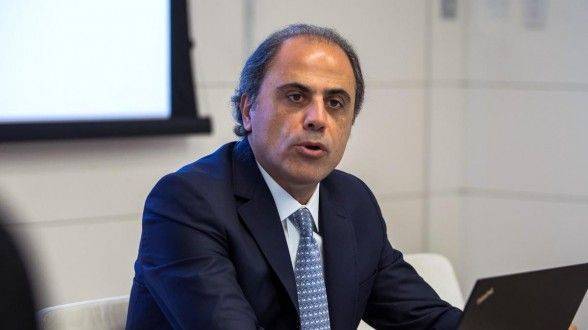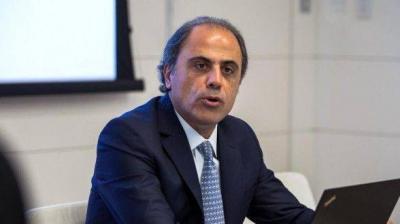Dr. Jihad Azour, Director of the Middle East and Central Asia Department at the International Monetary Fund (IMF), revealed that Arab countries will receive approximately $45 billion from the new allocations of Special Drawing Rights (SDRs) recently approved by the IMF, amounting to $650 billion, to support its members in facing the repercussions of the COVID-19 pandemic.
In a special interview with Al-Sharq News, Azour stated that these allocations will contribute to enhancing liquidity in the economies of Arab countries, particularly those suffering from balance of payments deficits. Additionally, it will aid in providing foreign currency funding needed by many Arab nations and expedite the recovery process from the pandemic's impacts.
### Largest Support in IMF History
The Board of Governors of the IMF approved, in early August, the largest support in its history, amounting to $650 billion in SDRs (456 billion SDRs) to support global liquidity and assist countries in coping with the increasing repercussions of the COVID-19 pandemic.
Kristalina Georgieva, the Managing Director of the IMF at that time, stated, "This is a historic decision; this is the largest distribution of Special Drawing Rights in the fund's history, and it serves as a vaccine injection into the global economy during an unprecedented crisis. This distribution will provide additional liquidity to the global economic system, allowing countries to utilize the spending room created by the SDR allocation to support their economies and intensify their efforts in addressing the crisis."
### Commitment to Transparency
Azour reaffirmed the IMF's commitment to enhancing transparency and governance in the management of these additional reserves, stating that transparent mechanisms for the utilization of these funds will be imposed, and the entities using them will be monitored and held accountable.
The allocations of SDRs are distributed to member countries in proportion to each country's quota share in the IMF. This means that emerging and developing countries will receive about $275 billion, with approximately $21 billion allocated to low-income countries, which could reach up to 6% of GDP in some cases, according to the IMF.
### Exchange of SDRs
According to Azour, member countries will be able to exchange their shares in SDRs or donate them, indicating that the IMF encourages this, "especially for countries with surpluses in their external accounts." These countries can contribute by "giving these units to other countries or to specific mechanisms such as the fund established by the IMF to assist poorer nations," he said.
Azour urged countries to use SDRs to combat the ongoing COVID-19 pandemic in several countries, to protect citizens, and to accelerate the necessary economic recovery to meet the region's economic challenges, particularly to secure job opportunities for the youth entering the labor market.




